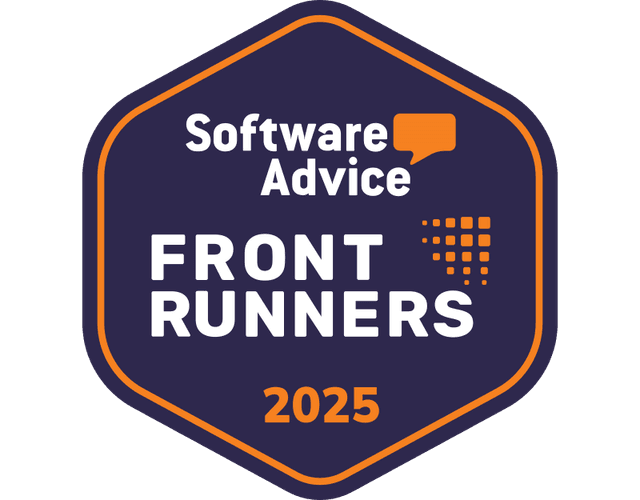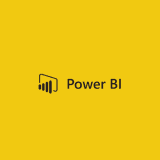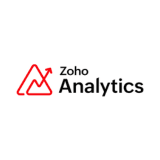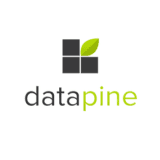Why use SafetyCulture?
SafetyCulture is a powerful business intelligence tool that helps business executives, data analysts, and other stakeholders monitor business performance. This cloud-based platform enables its users to collect and analyze data across various sources in real time. It also offers powerful data visualization and dashboarding features that help users transform raw data into meaningful insights and improve their business intelligence and processes.
Features:
Extract valuable insights from data using the platform’s powerful dashboards to enable swift business decision-making when needed.
Gain a comprehensive view of data across different departments and teams by integrating SafetyCulture with other business systems, like project management tools, CRMs, and more.
Collect data consistently and structured, ensuring data integrity for analysis by creating customized forms using SafetyCulture’s drag-and-drop form builder.
Leverage the data using visualization tools like Tableau and similar platforms for seamless visualization and analysis.
Ensure teams and all stakeholders are on the same page by collaborating using Heads Up and sharing real-time reports and project progress.












